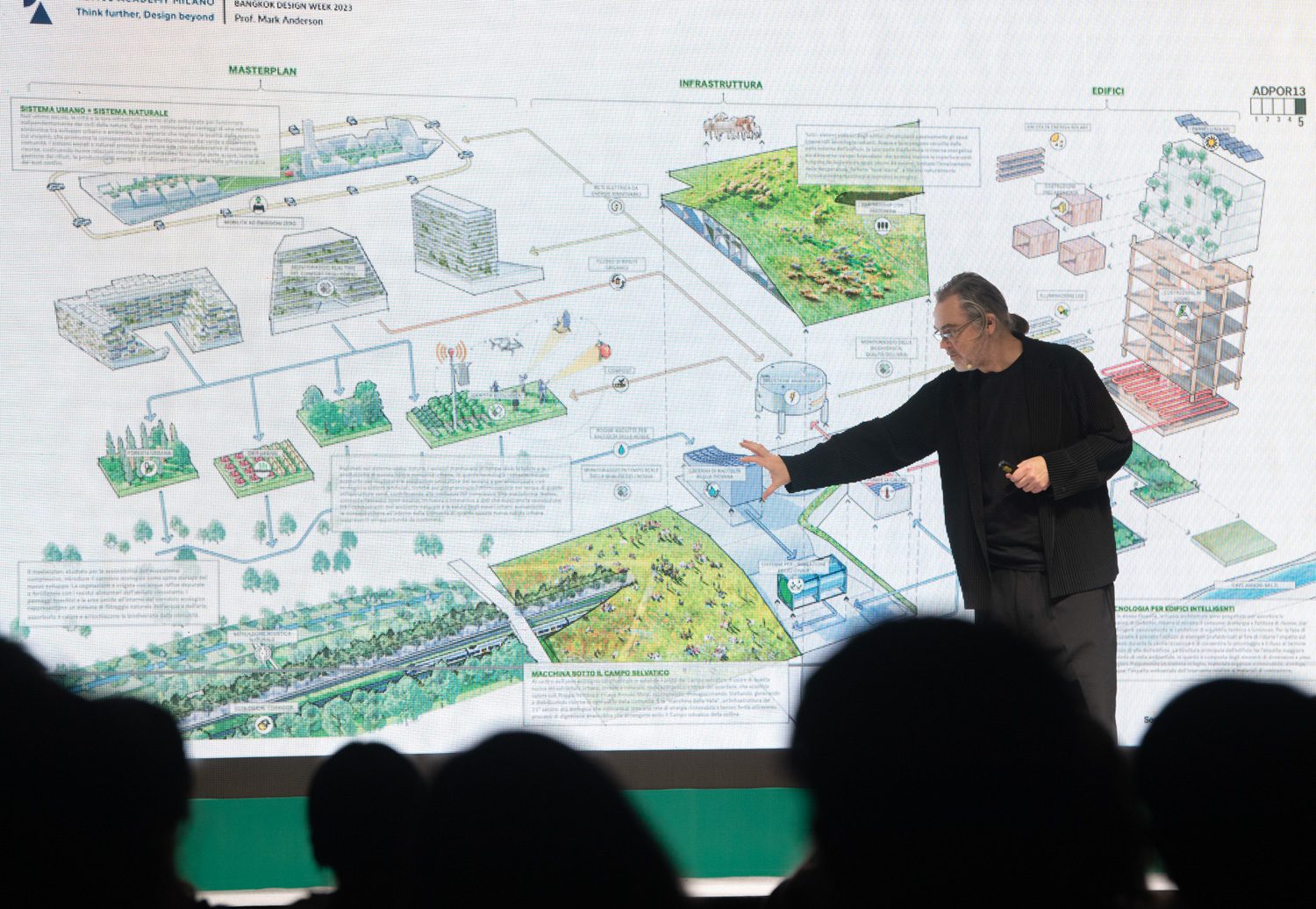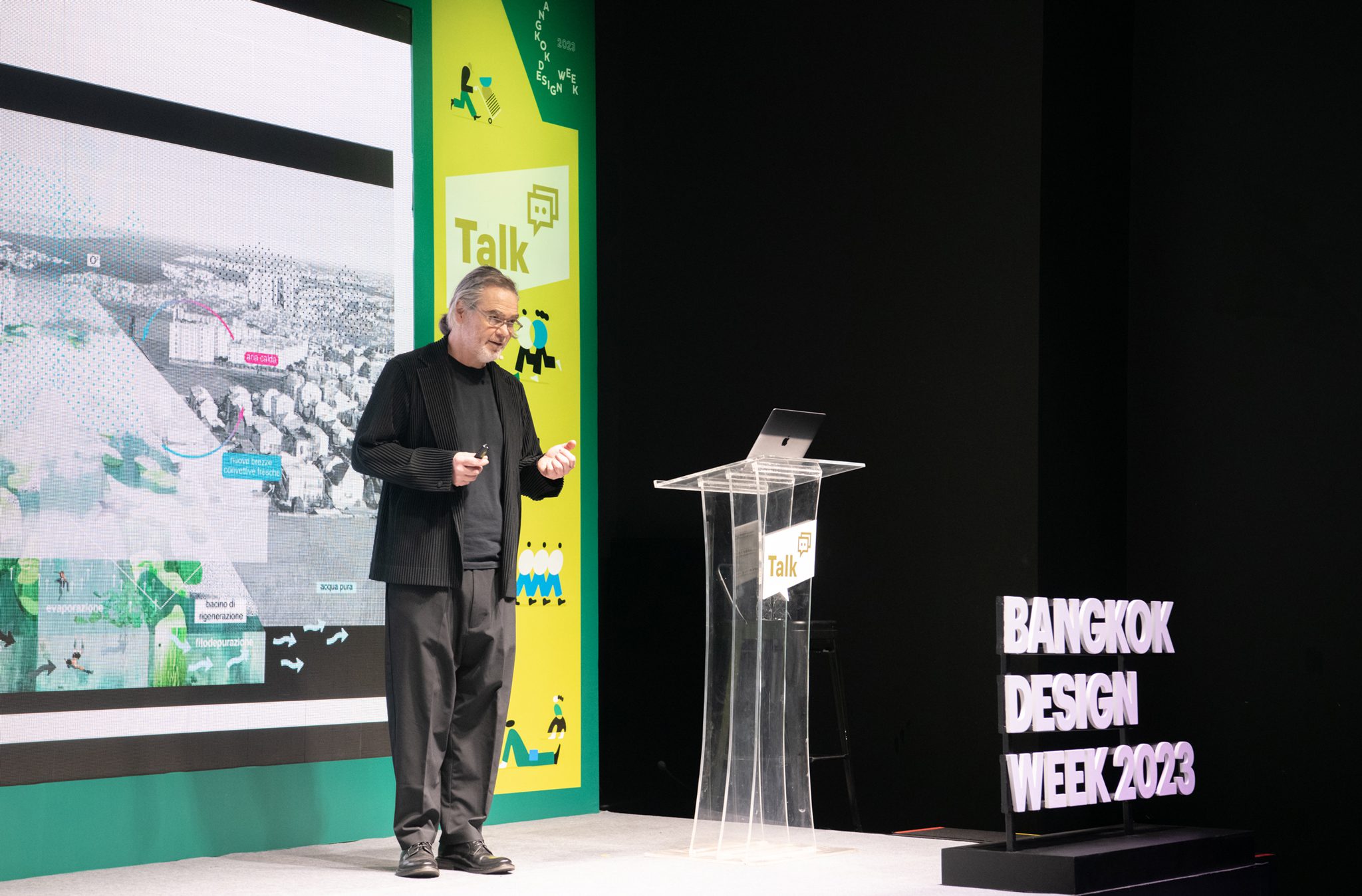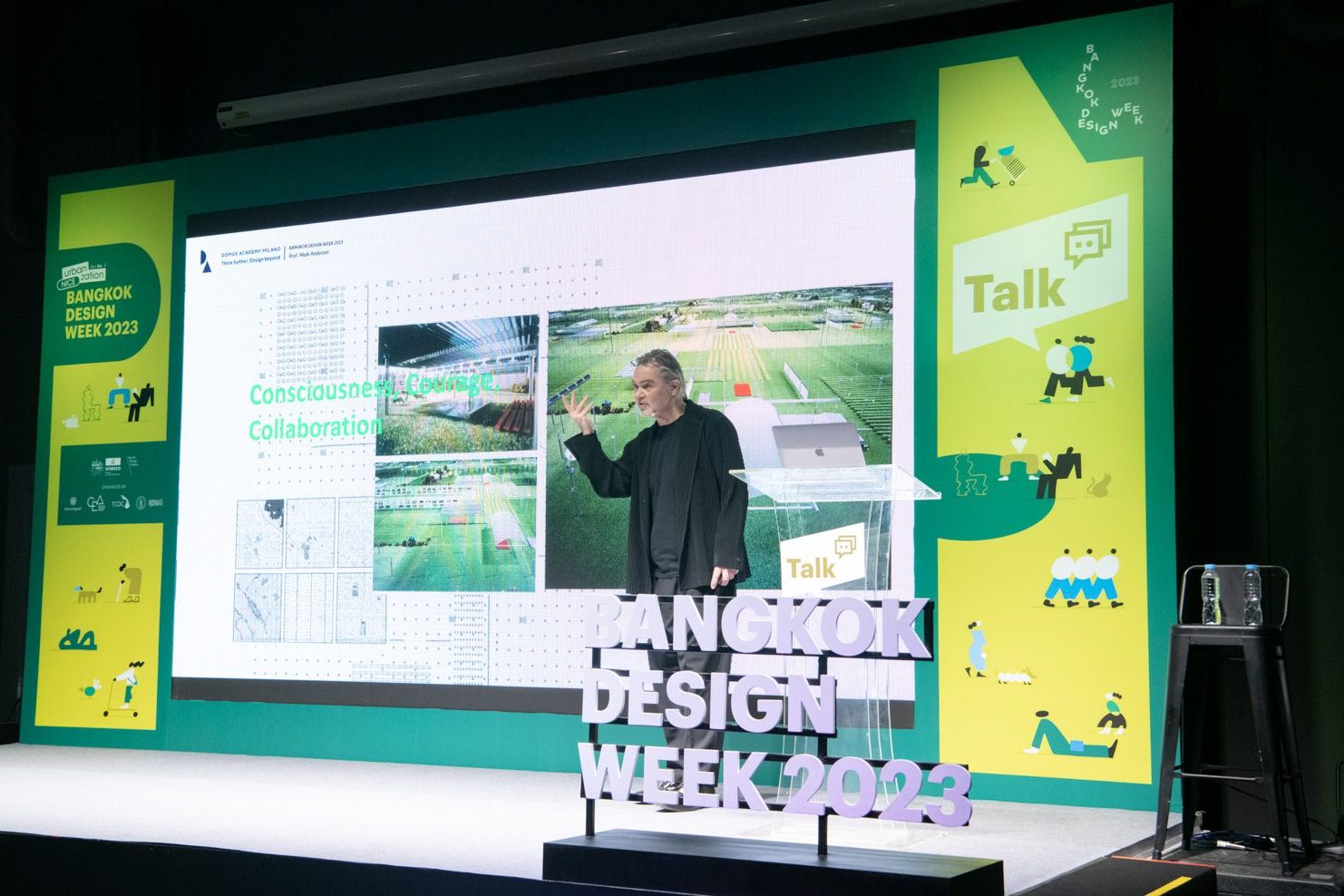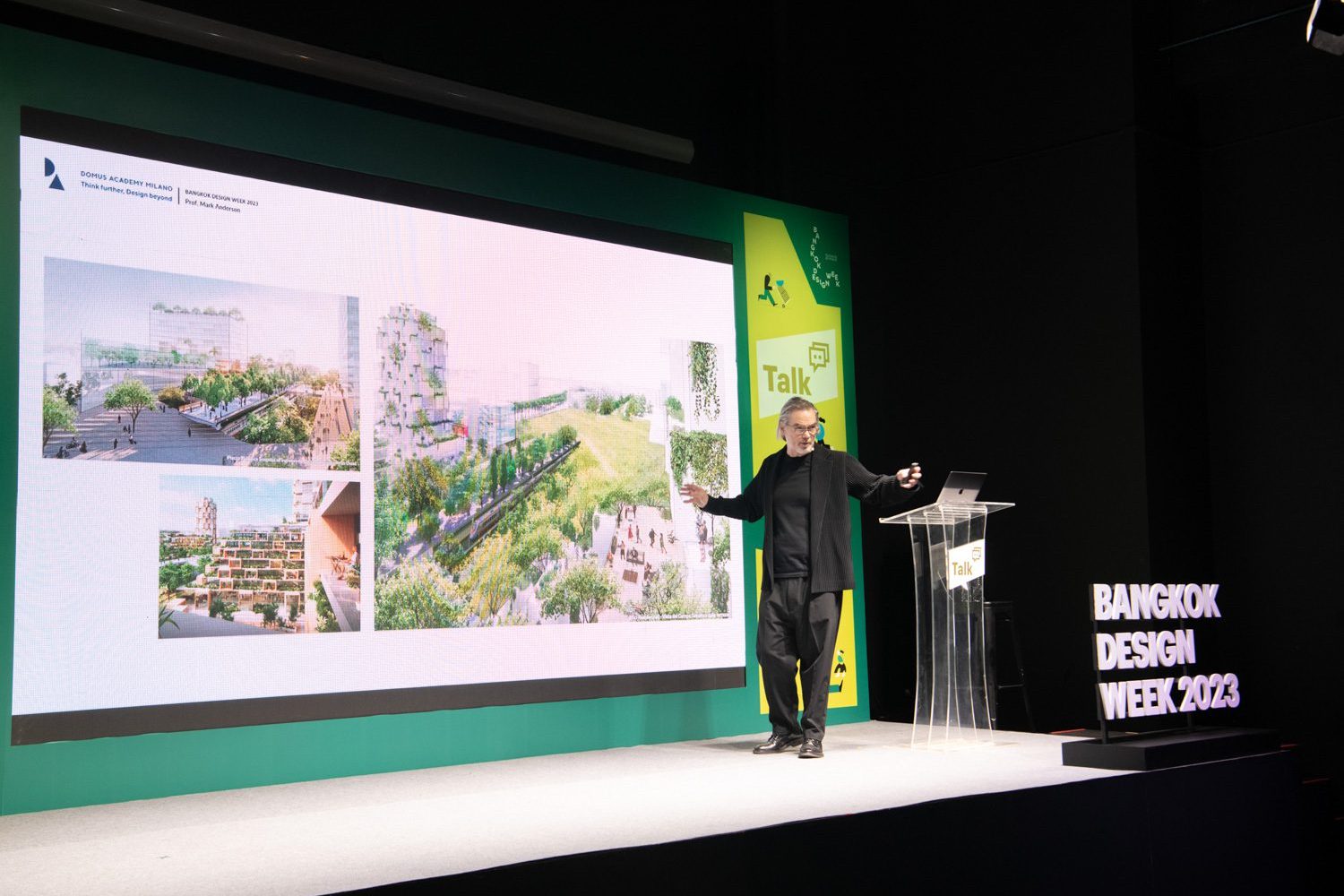art4d SPEAKS WITH MARK ANDERSON, DEAN OF DOMUS ACADEMY, ABOUT THE POSSIBILITIES AND STRATEGIES FOR SUSTAINABLE URBAN DEVELOPMENT AND HOW A DESIGN SCHOOL AND AN ORDINARY INDIVIDUAL MIGHT HELP SAVE CITIES IN THE FUTURE
TEXT: PRATCHAYAPOL LERTWICHA
PHOTO COURTESY OF CEA
(For Thai, press here)
In 2018, The United Nations projected that over 55% of the world’s population, or approximately 4.2 billion people will live in urban areas, with that figure expected to rise to 68% by 2050.
As more people occupy urban areas, it will become inevitable for cities to be confronted with a slew of complicated issues and problems, whether it be from the societal, economic, environmental, or technological aspects. The crucial challenge that follows is figuring out how one may take part in future urban development to create a more sustainable, and livable city.
Mark Anderson, dean of Domus Academy, gave a lecture titled “Envisioning Sustainable Living: Strategies from the European City” at the recently completed Bangkok Design Week 2023. The lecture featured ideas and methodologies behind urban changes in European cities proposed by experienced architects, including outstanding projects from Domus Academy students, and encouraged everyone to take part in figuring out how cities, driven by fresh and original ideas, should evolve. The lecture can now be viewed on the Bangkok Design Week’s Facebook page.
After the presentation, art4d met with Mark Anderson for a brief discussion about the possibilities and strategies for sustainable urban development and how a design school and an ordinary individual might help save cities in the future.
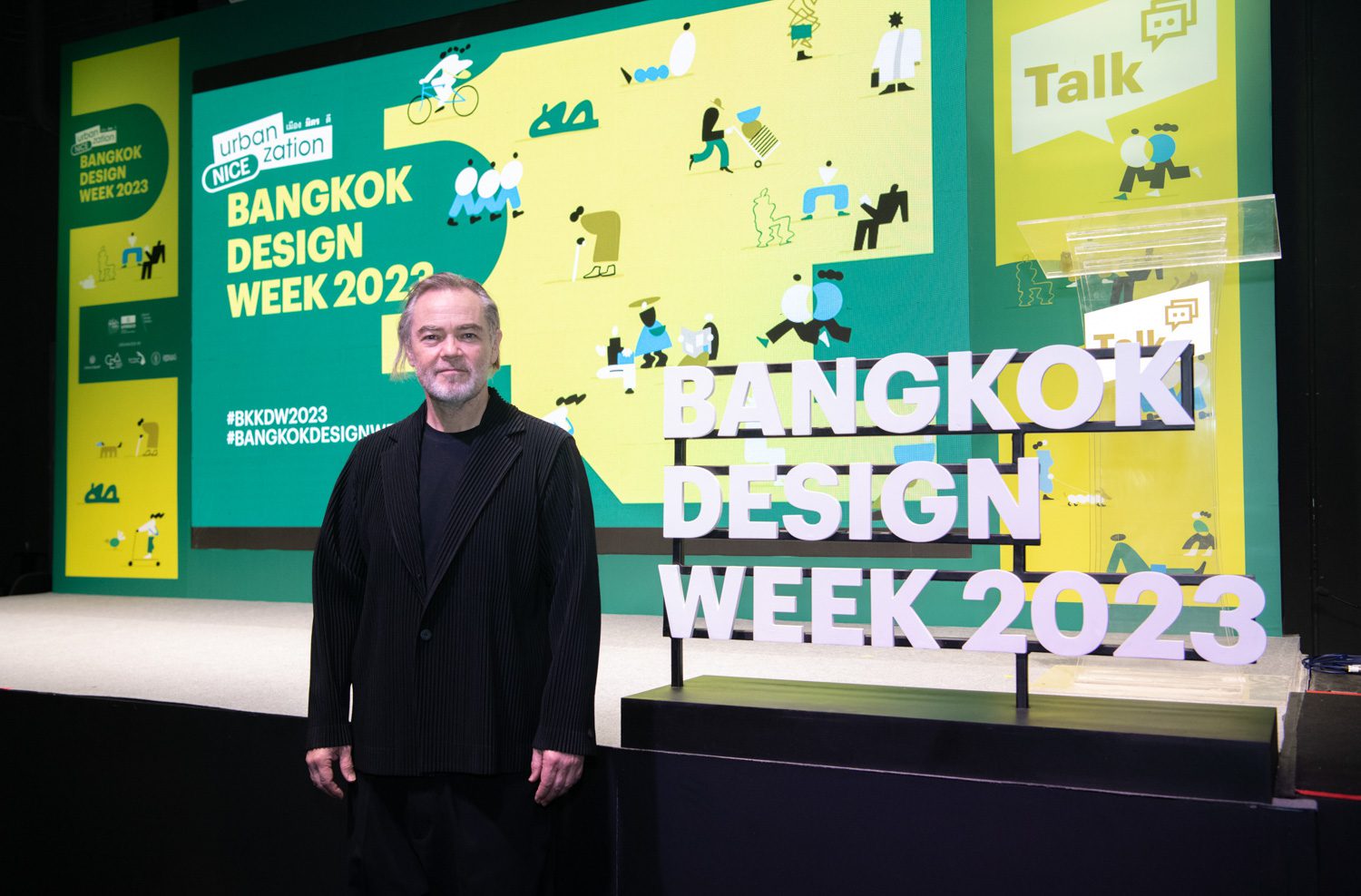
Mark Anderson, dean of Domus Academy
art4d: What factors do you believe contribute to the development of a livable and sustainable city?
Mark Anderson: Often when we talk about sustainability, everybody thinks about environmental sustainability, which is incredibly important. But at the same time, we have to think about sustainable development that involves other areas like social and economic aspects as well as the environment, and they are full of complexities.
Since it is really complex and beyond an individual’s control, we have to work in partnership to achieve sustainability. We can’t work individually or with one profession. We can be enablers or participate in the process but we can’t do it all alone.
And in the midst of our current crisis, we need bold initiatives, and we have to break away from what we’ve been doing because unexpected scenarios such as the COVID-19 pandemics are emerging. If we do not shift our mindset, the future is going to be dim.
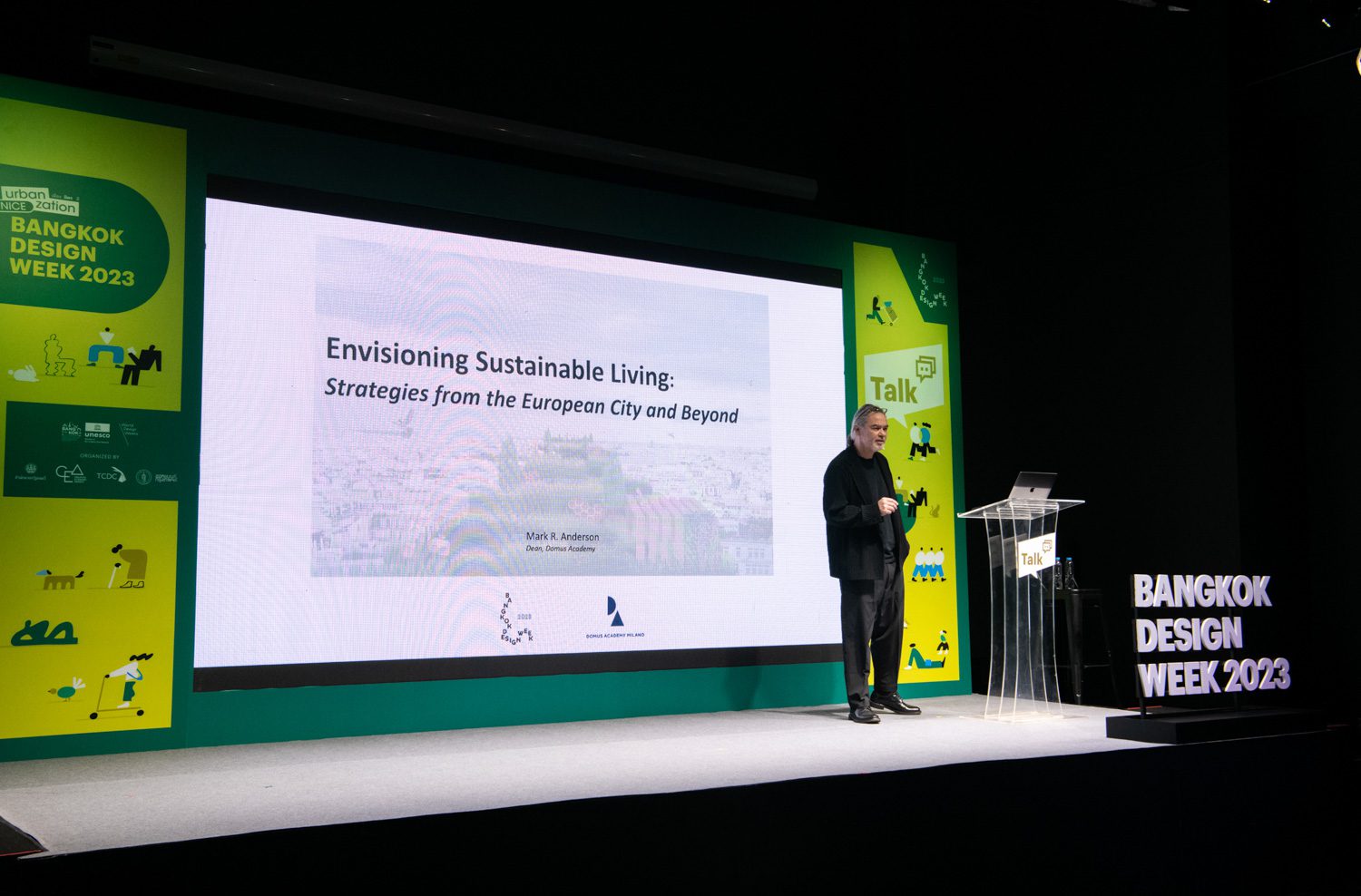
art4d: In your lecture, you discussed projects from students that investigate the debate about privacy in the digital realm, which appears to be a new, rising challenge that cities are also dealing with.
MA: Contemporary urban society has a lot of issues which we don’t recognize immediately such as the exacerbated use of technology. There are countless advantages in digital transformation but there are also things to be careful of. We should learn how to control technology, not having it guiding us. If we want the control, we have to be proactive about suggesting and showing alternatives.
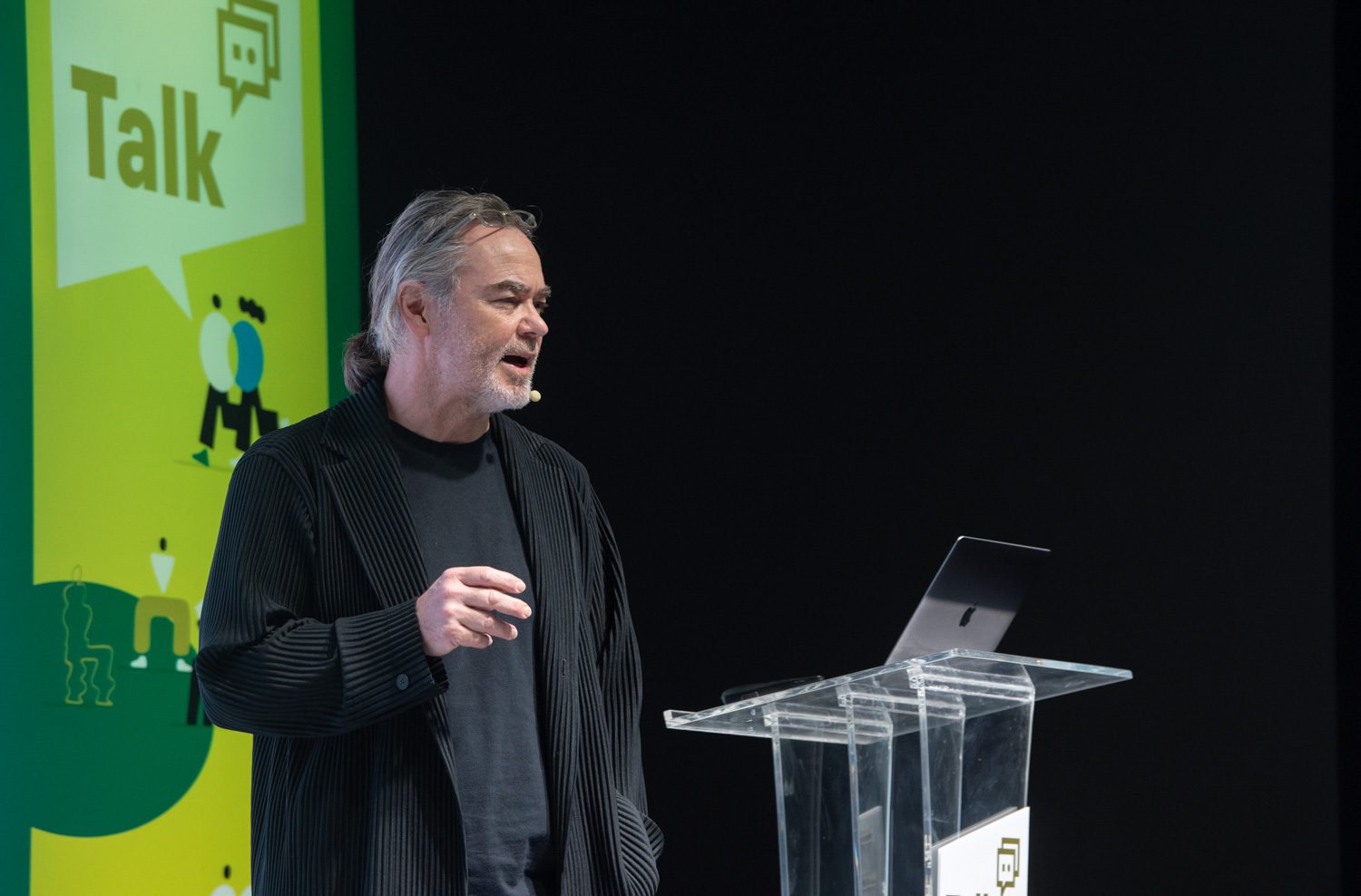
art4d: Your lecture also discusses projects taking place in Europe; how do you believe individuals in other regions of the world may apply these methods and strategies?
MA: What is important is the mindset of all players to implement change and understand the necessity of sustainability.
As a citizen, I think we can implement change within our personal sphere like insisting on consuming sustainable products to impact the producing company. The designer has further responsibilities because they should be an enabler which involves professional competency and working in collaboration with others.
art4d: As dean of Domus Academy, how do you see educational institutions such as Domus Academy’s role and participation in the creation of a livable and sustainable city?
MA: Like I’ve said that we need different approaches for the city. Domus Academy is a postgraduate design institution in Milan, Italy. We have students from around the world, 85% of them are international students. We offer 11 Master programs in 4 main areas, Interior and Urban Design, Fashion, Experience, and Business which provide us students with different competencies and perspectives. That component brings us fresh ideas on how to think critically about our contemporary context. We also promote cross-disciplinary collaboration to arrive at different and unexpected results.
Domus Academy encourages students to think critically as well as analyze and imagine new future scenarios. So it’s not just about problem solving. Instead of designing an eco-friendly plastic bottle, we ask why do we need to use a plastic bottle. As a platform for students to freely experiment and explore, we are one of the agents in finding new solutions for sustainable city.
